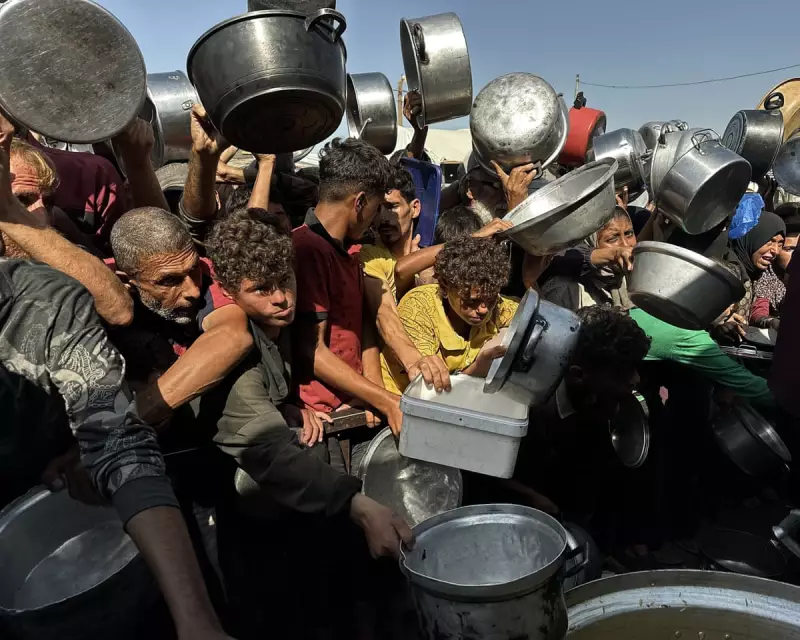
The tentative peace that briefly touched Gaza has been shattered by the thunder of renewed bombings, leaving civilians trapped in a deepening cycle of despair and destruction. The collapse of the latest ceasefire agreement has not only reignited violence but has extinguished what little faith remained among Gaza's beleaguered population.
A Fragile Peace Shattered
Just days after hopes were raised for a lasting truce, the sound of explosions once again echoes across the Gaza Strip. The breakdown in negotiations has led to some of the most intense bombardments in recent weeks, with both sides accusing the other of violating the agreement's terms.
Civilians Bear the Brutal Cost
For ordinary Gazans, the renewed violence represents more than just broken promises—it's a devastating return to the nightmare they thought might be ending. Families who had begun tentatively returning to damaged homes now find themselves displaced once more, their temporary shelters offering little protection against the onslaught.
'We've lost count of the ceasefires,' one resident told reporters from the rubble of his home. 'Each time we dare to hope, each time we're proven wrong. How can we believe in peace talks when we're burying our children?'
Humanitarian Crisis Deepens
The resumption of hostilities has severely hampered aid efforts, with humanitarian organisations reporting:
- Critical medical supplies unable to reach hospitals
- Food distribution networks collapsing
- Emergency shelters overwhelmed by new displacements
- Water and sanitation systems damaged beyond repair
International Community's Fading Influence
Diplomatic efforts led by regional and international mediators appear increasingly ineffective as both sides dig in their positions. The failure to maintain even a temporary ceasefire raises serious questions about the viability of current negotiation frameworks and the international community's ability to broker lasting peace.
The Psychological Toll
Beyond the physical destruction, aid workers report a profound shift in the mental state of Gaza's population. The cycle of hope and despair has created what psychologists are calling 'ceasefire trauma'—a deep-seated scepticism that makes future peace agreements harder to achieve.
'When people lose faith in the process, they lose faith in peace itself,' noted one UN official working in the region. 'This psychological damage may take generations to heal.'
What Comes Next?
With trust at its lowest ebb and violence escalating, the path forward appears increasingly bleak. The international community faces mounting pressure to develop new approaches to conflict resolution, while civilians in Gaza face the immediate reality of survival in a war zone that shows no signs of calming.
The question now isn't just when the next ceasefire might come, but whether anyone will still believe in it.





